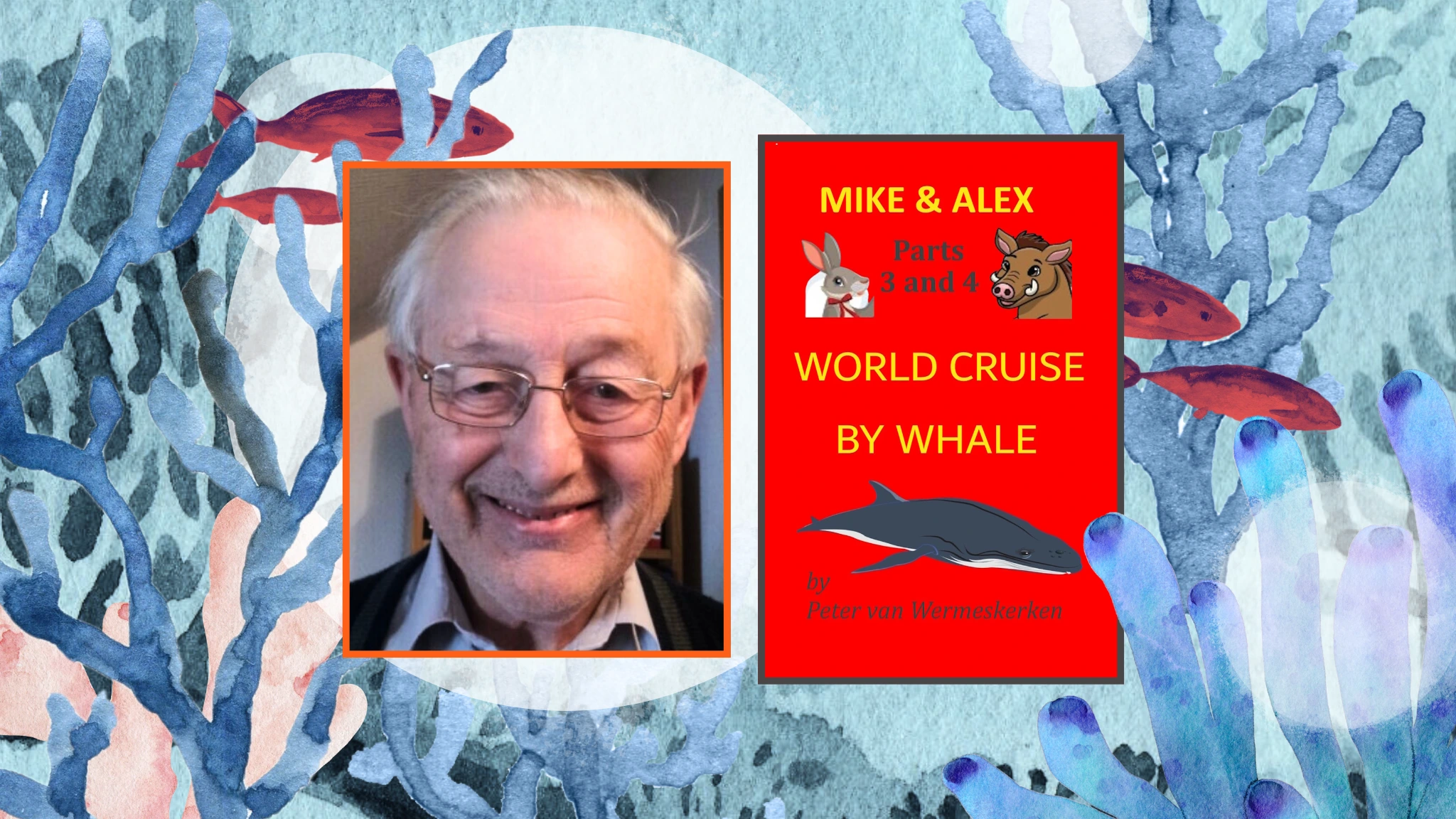On November 21, when three International Criminal Court judges issued arrest warrants for leaders of Israel and Hamas, the decision drew a frenzy of hostile and often ill-informed reactions from many American lawmakers and defenders of Israel. The incoming senate majority leader, John Thune, had already called the charges against Prime Minister Netanyahu and former Defense Minister Yoav Gallant “outrageous and unlawful” and promised that imposing sanctions against the ICC would be a “top priority in the next Congress.” Now Senator Lindsey Graham threatened to “sanction any country that aids and abets the arrest of any politician in Israel,” including Britain, Canada, France, and Germany. Meanwhile, writing in The Wall Street Journal, the Harvard Law School professor Alan Dershowitz announced that he is “assembling a team of world class lawyers from around the globe to help defend Israeli leaders.” Dershowitz’s claims command particular attention, not only because he is a prominent legal scholar but also because they crystallize three principal arguments against the warrants that, however appealing they might be to the ICC’s critics, are in fact without merit.
First, Dershowitz says, “We will argue that the ICC has no jurisdiction against Israel.” For one thing, he writes, “it isn’t a member.” He fails to note that Article 12 of the Rome Statute provides the ICC with jurisdiction over crimes committed in “the State on the territory of which the conduct in question occurred” if the state in question is a member of the Court or has accepted its jurisdiction. Russia, like Israel, is not a member. Yet the ICC has issued indictments against Russian President Vladimir Putin and other Russian officials, accusing them of committing crimes in Ukraine, which, like Palestine, has accepted the ICC’s jurisdiction. Not long ago the US government, as well as a number of Republican and Democratic lawmakers, including Senator Graham, praised the court for charging Putin for these crimes.
Another basis on which Dershowitz argues that the ICC lacks jurisdiction is that “the treaty that established that court precludes it from considering cases against any country with a valid judicial system that is willing and able to investigate the alleged crimes.” Dershowitz points out that “Israeli courts have convicted and imprisoned a former prime minister, a former president, and several ministers.” He fails to note that the former prime minister, Ehud Olmert, was convicted and imprisoned for accepting bribes and the former president, Moshe Katsav, was convicted and imprisoned for sexual harassment and rape. Dershowitz could have added that the current prime minister, Netanyahu, is on trial for corruption.
There is no precedent, however, of an Israeli court prosecuting a high-level Israeli official for the crimes against Palestinians subject to the jurisdiction of the ICC. Moreover, if one wants to leave the question to the Israeli courts under the provisions of the Rome Statute, it is not sufficient to say that Israel has “a valid judicial system.” The statute says that “a case is inadmissible where the case is being investigated or prosecuted by a State which has jurisdiction over it, unless the State is unwilling or unable genuinely to carry out the investigation or prosecution.” There is no indication that Israel is carrying out an investigation or prosecution of the crimes of which Netanyahu and Gallant are accused. And yet, as the Court has recently ruled, the government of Israel will have full opportunity to make its points as the proceedings continue.
*
Second, Dershowitz argues that “Israel’s actions in Gaza don’t violate any international law or laws of war over which the ICC has jurisdiction.” Among other reasons, he argues, “the proportion of civilians to combatants killed by the Israel Defense Forces would be lower than in any comparable war anywhere in the world. This certainly doesn’t qualify as genocide or any other war crime.”
Earlier this year the International Court of Justice concluded that “the right of the Palestinians in Gaza to be protected from acts of genocide” was plausibly in jeopardy. Amnesty International has just issued a meticulously documented report arguing that Israeli officials have manifested the intent required to justify the accusation of genocide. But the ICC arrest warrants do not charge genocide. Rather, they accuse both Netanyahu and Gallant of responsibility for the war crimes of starvation as a method of warfare and intentionally directing attacks against the civilian population of Gaza, as well as the crimes against humanity of murder, inhumane acts, and persecution. The crime of forced starvation requires the prosecution to show that the defendants “intentionally us[ed] starvation of civilians as a method of warfare by depriving them of objects indispensable to their survival, including willfully impeding relief supplies as provided for under the Geneva Conventions.”
Comparisons of civilian death ratios among armed conflicts are not among the elements of the crimes with which Netanyahu and Gallant have been charged under the Rome Statute. But it is worth noting that, as Haaretz reported earlier this year, the “Gaza war is one of the bloodiest in the twenty-first century…. The rate and pace of deaths—as well as the living conditions of those still alive—overshadow the conflicts in Iraq, Ukraine and Myanmar.”
By excluding the international press from Gaza—except in closely controlled visits—and completely excluding Israeli, Palestinian, and international human rights groups from the territory, Israel has exacerbated the difficulty of determining the ratio of civilian to combatant casualties. What we do know is that aerial bombardments of apartment houses, tent encampments, schools, hospitals, and other public buildings have caused the most deaths and injuries. Israel has frequently used five-hundred-pound, one-thousand-pound, and even two-thousand-pound bombs (provided by the United States) in Gaza’s crowded environs. Though suspected Hamas combatants may be the targets, inevitably large numbers of civilians are also injured and killed.
The Gaza Health Ministry has reported more than 44,500 deaths since Hamas’s October 7, 2023 rampage and more than 105,000 injured. These figures do not distinguish between civilians and combatants, but about 60 percent of them are reportedly women, children, and men sixty or older. Israel has said that its military has killed some 17,000 combatants, but has not said how many were injured. The number of people injured in armed conflicts is typically at least two or three times the number killed, as is the case in the numbers reported by the Gaza Health Ministry. If Israel’s figure on Hamas deaths is right, the total number of Hamas casualties would then be a multiple of the 25,000 Hamas combatants that Israel previously calculated were in Gaza. The likely explanation for that discrepancy is that Israeli officials have overstated how many Hamas combatants the Israel Defense Forces have killed.
Beginning immediately after October 7, Israel obstructed the flow of humanitarian aid to Gaza. Deliveries of food were blocked. Water and electricity were cut off. For a period no fuel was allowed in, making it impossible to use generators or to make deliveries within the territory. Later on Israelis mobilized at entry points to block aid and West Bank settlers attacked and looted delivery trucks. The IDF has also killed and injured hundreds of humanitarian aid workers and destroyed the farms and greenhouses in Gaza that provided its residents with fresh produce.
Since the start of this October, Israel has renewed its offensive in north Gaza, ordering hundreds of thousands of civilians to evacuate and cutting off sufficient aid to those who remain. Conditions in the north have become “apocalyptic,” representatives from fifteen UN and humanitarian organizations wrote at the start of November: “the area has been under siege for almost a month, denied basic aid and life-saving supplies while bombardment and other attacks continue.” On Tuesday the UN’s Office for the Coordination of Humanitarian Affairs reported that the state of affairs had hardly improved. Over the course of November, it stated, UN aid workers made fifty-three attempts to reach the northern cities of Jabalya, Beit Lahiya, and Beit Hanoun, of which forty-eight were denied and the other five “were initially approved but then severely impeded.”
Before the conflict, a local police force helped maintain order in Gaza. It no longer functions. Now that the situation is completely desperate, Gazans themselves are reported to be attacking and looting aid deliveries. Before the US presidential elections, the Biden administration said that it would cease sending aid to Israel unless the Netanyahu government made it possible within thirty days for appropriate amounts of aid to enter Gaza. When that deadline arrived after the elections, the US admitted that “we would like to see some more changes happen,” but then did not cut off any aid.
*
That brings us to Dershowitz’s third principal complaint: that “the issuance of these arrest warrants” is evidence of “a double standard…applied by international tribunals against the nation state of the Jewish people.” The suggestion that Israel and its leaders have been treated unfairly carries great currency among many American critics of the ICC. But it is not accurate.
The Court issued warrants of arrest not only for Israel’s leader but also for Mohammed Diab Ibrahim Al-Masri (Deif), a Hamas leader whose death has yet to be conclusively determined. (The prosecutor had also requested warrants for two other Hamas leaders whose deaths have since been confirmed.) The office of the prosecutor is currently investigating crimes allegedly committed in a dozen places around the world, from the Democratic Republic of the Congo to Ukraine. Just last week the prosecutor requested an arrest warrant for the military leader of Myanmar for the forced deportation and persecution of members of the Rohingya ethnic group. The Court, in other words, is by no means focusing exclusively on Israel. Indeed, given the scale and widespread documentation of civilian destruction in Israel and Gaza over the past fourteen months, it would amount to a double standard for the only permanent international criminal court to ignore it.
Like all those charged with crimes at the Hague-based ICC, Netanyahu and Gallant are entitled to a robust defense and the presumption of innocence. Unfortunately, while many of Dershowitz’s legal team are renowned in other fields, none is considered an expert in the international humanitarian law used at the ICC. By contrast, a number of lawyers who provided advice on the indictments of Netanyahu, Gallant, and leaders of Hamas were well versed in this field. A notable example is Theodor Meron, a member of the expert advisory committee that recommended the indictments. A Jew born in Poland, Meron spent part of his childhood in a Nazi labor camp. After surviving the war, he migrated to Mandatory Palestine. Educated at Hebrew University, Harvard Law School, and Cambridge University, he became the legal advisor to Israel’s foreign ministry and subsequently served as Israel’s ambassador to Canada. After migrating to the United States in 1978, Meron became a professor of international law at New York University; he has written many scholarly articles and books on international law, focusing particularly on International Humanitarian Law. In 1998, as a member of the US delegation, he participated in the drafting of the Rome Statute. In 2001 he was appointed as the US judge on the International Criminal Tribunal for the former Yugoslavia, on which he has served four terms as president.
In assessing the criticisms of Dershowitz and others, it is important to recall that the ICC is the product of an ideal as old as the American republic—that no one stands above the law. Since World War II, though their actions have not always matched their rhetoric, US administrations of both parties have consistently supported efforts to hold culprits legally accountable for genocide, war crimes, and crimes against humanity. The US has sponsored or backed every major war crimes court since Nuremberg, including those that dealt with atrocities in Rwanda, Sierra Leone, Cambodia, and the former Yugoslavia. Even though the US, like Israel, is not among the ICC’s 124 member states, Washington has provided logistical, intelligence, and other assistance to advance a number of ICC cases.
The fact that Israeli leaders are now being scrutinized by the world’s only permanent international criminal court is a sad fact. But US allies, let alone democracies, should hardly be considered immune from accountability. In recent decades, international crimes have been widely reported in El Salvador, India, and the Philippines, not to mention the acts of torture and extraordinary rendition for which US agents were responsible during the George W. Bush administration’s war on terror.
Dershowitz recommends that Washington impose sanctions on the ICC or its most senior officials. But if it did so, it would betray longstanding American principles of justice—and further isolate itself from world public opinion. Last June, after threats to sanction the Court first emerged, a cross-regional group of ninety-three ICC member states—led by Belgium, Chile, Jordan, Senegal, and Slovenia—issued a statement declaring their “unwavering support” for the ICC as an “independent and impartial judicial institution.”
US sanctions would also likely deprive some of Israel’s most vigorous defenders from advancing their claims before the ICC’s judges. That would be unfortunate. For while media platforms attract robust argument, the best place to dispute facts remains a court of law. Dershowitz and his legal team can continue to go down a path of denial, or they can use their legal training not only in the court of public opinion but at the ICC itself.


















 English (US) ·
English (US) ·